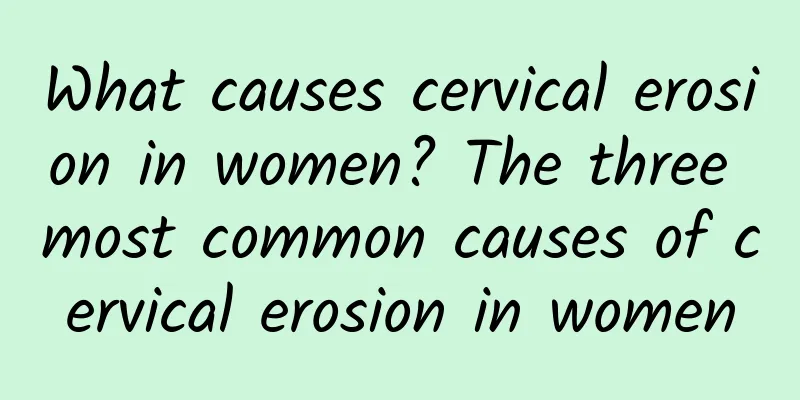How to treat endometrial thickening?

|
Experts point out that the factors that lead to endometrial thickening in women are relatively complex, but when treating, it must be treated according to its cause. This is a scientific treatment method, and the choice of treatment method is also very important. For different conditions, different physical conditions, etc., the appropriate treatment method will also be different. The following is an introduction to the common treatment methods for endometrial thickening: 1. Surgical treatment: Surgery is the main method for treating endometrial thickening, because the scope and nature of the lesion can be basically determined under direct vision, and it is effective in relieving pain and promoting reproductive function. Surgery can be divided into open surgery and laparoscopic minimally invasive surgery. If necessary, combined laparoscopic and hysteroscopy can be performed. (1) Laparotomy for endometrial thickening: This surgical method is mostly used for patients with endometrial thickening, combined with adenomyosis or a history of multiple surgeries, and severe pelvic adhesions. Laparotomy can carefully separate the adhesions, more thoroughly remove the lesions, and satisfactorily suture the wound (which is beneficial for future pregnancy). The hospital stay after surgery is 3 days longer than that of laparoscopic surgery, and the sutures on the abdominal wall wound do not need to be removed. (2) Laparoscopic surgery for endometrial thickening: This surgery is mostly used to treat endometrial thickening combined with ovarian chocolate cysts, or adhesions that are not serious, such as those who want to have children and open the fallopian tubes at the same time. The surgical incision is small and the recovery is relatively fast. 2. Conservative treatment: Based on the different clinical symptoms of patients with endometrial thickening, combined with reasonable examinations and medication, but many years of clinical data show that conservative treatment is not effective, and most patients still need surgical treatment in the end. Generally speaking, conservative treatment is not recommended. For a disease as harmful as endometrial thickening, the limitations of conservative treatment are very obvious. Not only is there no obvious effect in treatment, but even after recovery, the damage to the body is relatively large. Therefore, you should also be careful when choosing the treatment method. |
<<: Combination of Chinese and Western medicine to treat endometrial thickening
>>: How to treat endometrial thickening effectively
Recommend
There are three common causes of habitual miscarriage
Most of the cases of habitual miscarriage are cau...
Does dysmenorrhea need treatment?
Does dysmenorrhea need treatment? 1. Dysmenorrhea...
What tests should patients undergo before abortion?
Women who have an unexpected pregnancy usually en...
Does uterine fibroids affect pregnancy? How big is uterine fibroids and will it affect pregnancy?
Uterine fibroids (Hysteromyoma) Uterine leiomyoma...
Do uterine fibroids affect fertility?
Uterine fibroids are the most common benign tumor...
What are the clinical manifestations of vulvar leukoplakia?
What are the clinical manifestations of vulvar le...
What causes dysmenorrhea?
Dysmenorrhea is not a strange thing for female fr...
What causes uterine fibroids? Will pregnancy cause uterine fibroids to grow larger?
Uterine fibroids are increasingly common in women...
How to diagnose cervicitis? Through gynecological examination
The cervix is an important defense organ for wo...
What is the reason for my daughter's abnormal menstruation?
What is the reason for my daughter's abnormal...
Learn about seven common causes of adnexitis
Nowadays, female friends are paying more and more...
Which hospital can treat pelvic peritonitis?
Pelvic peritonitis is a serious clinical disease,...
How accurate is the menstrual cycle calculator?
What is a menstrual cycle calculator? Is it accur...
Can endometrial thickening be cured?
Endometrial thickening is a pathological change i...
Lose weight without hibernation! Secret weapon: Vitamin B supplementation
There is no holiday for weight loss, especially w...









